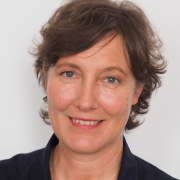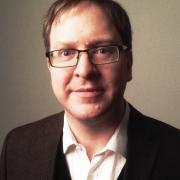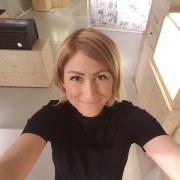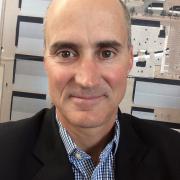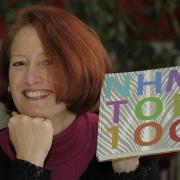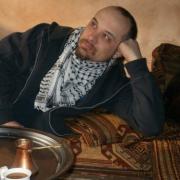Refugees and immigrants: what's our role?
The current refugee situation is seen as a big societal challenge and will result in further diversification of our communities. We want to explore if and how this motivates science centres and museums into action and cooperation.
The Mechelen Declaration commits us to "investigate how to engage even more effectively with local communities and increasingly diverse audiences".
Is the current situation an opportunity for societal engagement? To enlarge audiences and prove inclusiveness? To gain access to new funding? To broaden our knowledge base? Are we interfering or cooperating with other social organisations that provide life-saving services?
This session will look at various levels of cooperation. Refugees as learners of foreign language, in the context of museum visits. Immigrants as experts, planning an exhibition on the science of ethnicity. Refugees as temporary staff, guiding through an exhibition on migration. Immigrants as a community group to be actively invited into a dialogue with the museum.
This is the first of two back-to-back sessions on the topic of science centres and museums and the refugee situation. This part focuses on the strategic rationale for engagement - come back to the same room after lunch for a second part dedicated to lessons learnt from a series of ongoing initatives.
Session speakers
Curator of the History of Medicine
The Teknisk Museum is developing an exhibition on how the sciences of human genetics have evolved over the past century, scheduled to launch in 2017. During this process, we have repeatedly confronted the question of what to do with problematic concepts such as “race” and “ethnicity.” We consider it fundamental to present this area of science as inseparable from its social consequences. One way to accomplish this is to co-curate the exhibition with young people of mixed ancestry. I will discuss rationales for doing so.
In Neanderthal Museum we feel the need to react on the refugee crisis. We see our institution as a public place, open to all kinds of communities. And as such we have to respond on the increasing diversification of our society. We are actually working on an exhibition on migration. We aim to show that Europeans are, from a prehistoric viewpoint, all migrants. And we are asking refugees to give guided tours through the exhibition, to tell their own way out of Africa and the prehistoric routes.
Albuquerque
United States
Joe Hastings will describe Explora's three-part community engagement initiative: listen, welcome, co-create. Explora works with a variety of community-based organizations and social service agencies to facilitate listening sessions about shared aspirations, disseminate no-cost family memberships to Explora, and co-create programs and projects that help Explora and its partners work systemically to achieve change.
head of science communication
In 2015 the German Museum Association, Deutscher Museumsbund, published a handout on “museums, migration and cultural diversity” which emphasizes that people with a migration background are not at all a homogeneous target group which can be attracted by specific programs. Instead, it is necessary to design museum work for a multicultural society. The challenges are not only to develop new perspectives and narrative forms, but also to understand migration as a comprehensive cross-cutting issue.
Science communication consultant
Atelier des Jours a Venir, Paris, France & Fifth gymnasium, Zagreb, Croatia

